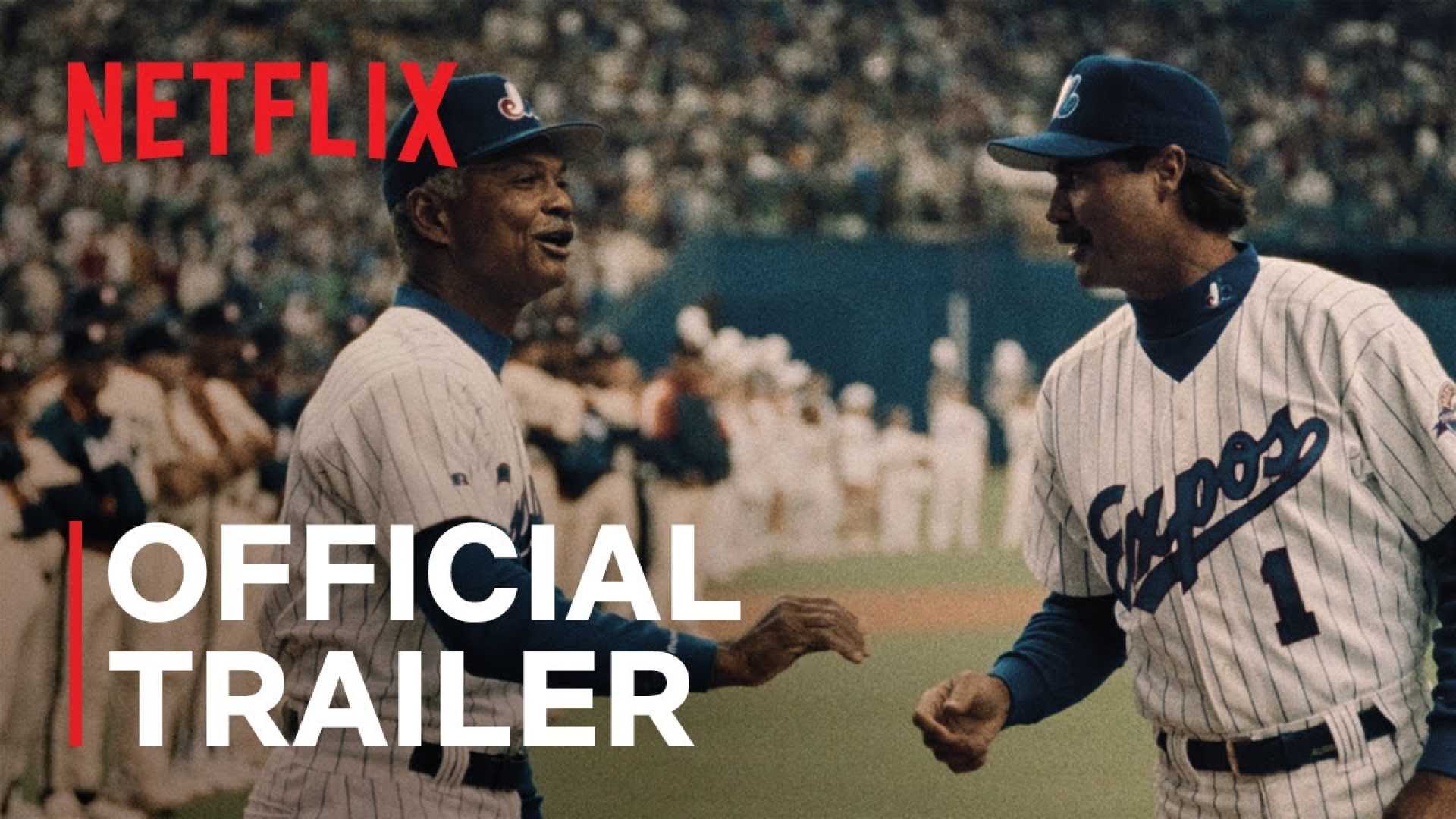Entertainment
Documentary Explores the Downfall of the Montreal Expos

Montreal, Canada — The Montreal Expos, once a beloved baseball franchise, played their final game on October 3, 2004, marking the end of 36 years in Major League Baseball. Director Jean-François Poisson seeks to unravel the team’s demise in his new documentary, Who Killed the Montreal Expos?, now available for streaming.
Poisson frames the Expos’ story not just as a sports tale but as a mystery awaiting resolution. “The DNA is still here even though they’re gone,” Poisson said in an interview from Montreal. Fans continue to celebrate the Expos with merchandise and murals, kept alive by memories and nostalgia.
Marie-Christine Pouliot, an executive producer of the documentary, recounted attending the Expos’ last home game, reflecting on the significance of having a sports team represent their city. “It’s really a privilege to have a sports team in your town,” Pouliot emphasized.
The documentary diverges from a traditional retelling of the Expos’ history, taking an investigative approach to unveil the reasons behind their downfall. Poisson’s experience in true crime narratives influenced this strategy, presenting a mix of evidence and personal recollections from those connected to the team.
One central theme in Who Killed the Montreal Expos? is the familial bonds formed between players and coaching staff. The connection between manager Felipe Alou and his players, many from Latin America, fostered a supportive environment far from home.
Former player Larry Walker, who enjoyed a successful career with the Expos, candidly described the team’s home stadium, Olympic Stadium, as a challenge for players. “Well, that was a shithole, and I don’t think anybody can deny that,” Walker remarked about the deteriorating facilities.
The 1994 players’ strike, which halted the season when the Expos had the best record in baseball, is another pivotal event in the team’s history. Walker believes that had the strike not occurred, the Expos could have remained a strong franchise in Montreal, possibly winning championships and maintaining their presence. “If we win that year, perhaps the team stays together,” he said.
Interviews with key figures, including Hall of Famers Pedro Martínez and the aforementioned Walker, offer insight into the team’s later struggles and eventual relocation to Washington, D.C.
In the documentary, former team executives Claude Brochu and David Samson share their perspectives. Brochu, who sold the team to an American ownership group, expressed frustration over his efforts to secure a new stadium and keep the Expos in Montreal. Samson bluntly stated that baseball does not work in Montreal, a perspective that resonates with many fans who continue to mourn the loss of their team.
“We didn’t want him to be the villain,” Poisson noted concerning Samson’s role in the Expos’ fate. The film sheds light on the complex factors that contributed to the franchise’s exit and the lingering feelings of neglect among fans in Quebec.
As the Toronto Blue Jays prepare for the World Series, Quebec fans reflect on their own baseball heritage, hoping for a return of the Expos. Poisson and Pouliot are optimistic that the vibrant energy of Montreal would revive should baseball ever return. “There’s a bit of shame and even a sense of betrayal,” Poisson concludes about the fans’ feelings toward the league.
Walker summarized the situation poignantly, expressing the ongoing emotional weight of the Expos’ departure: “That you got to be shitting me feeling.” With Poisson’s documentary, audiences can explore the unresolved grief surrounding a team that still resonates in the hearts of many.












